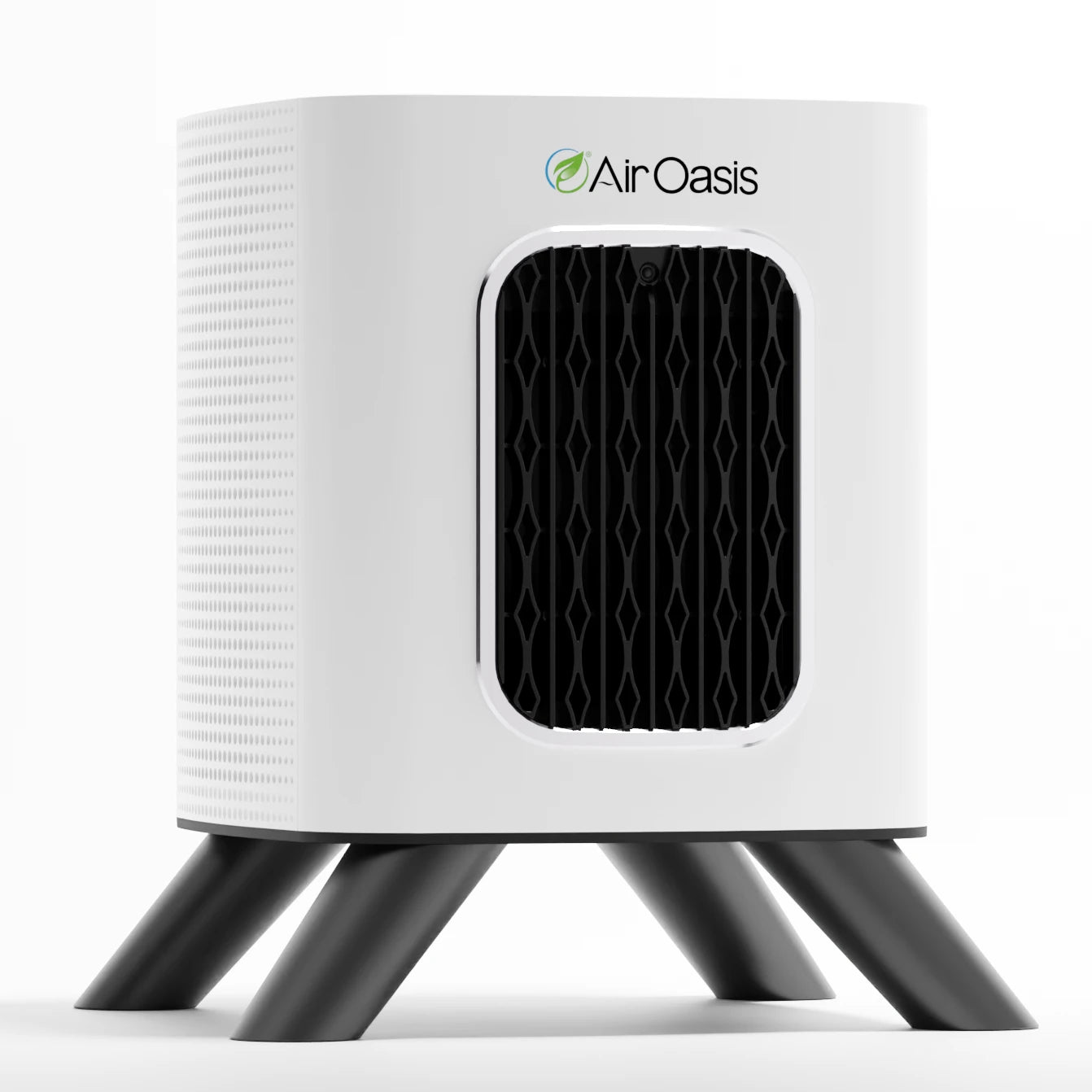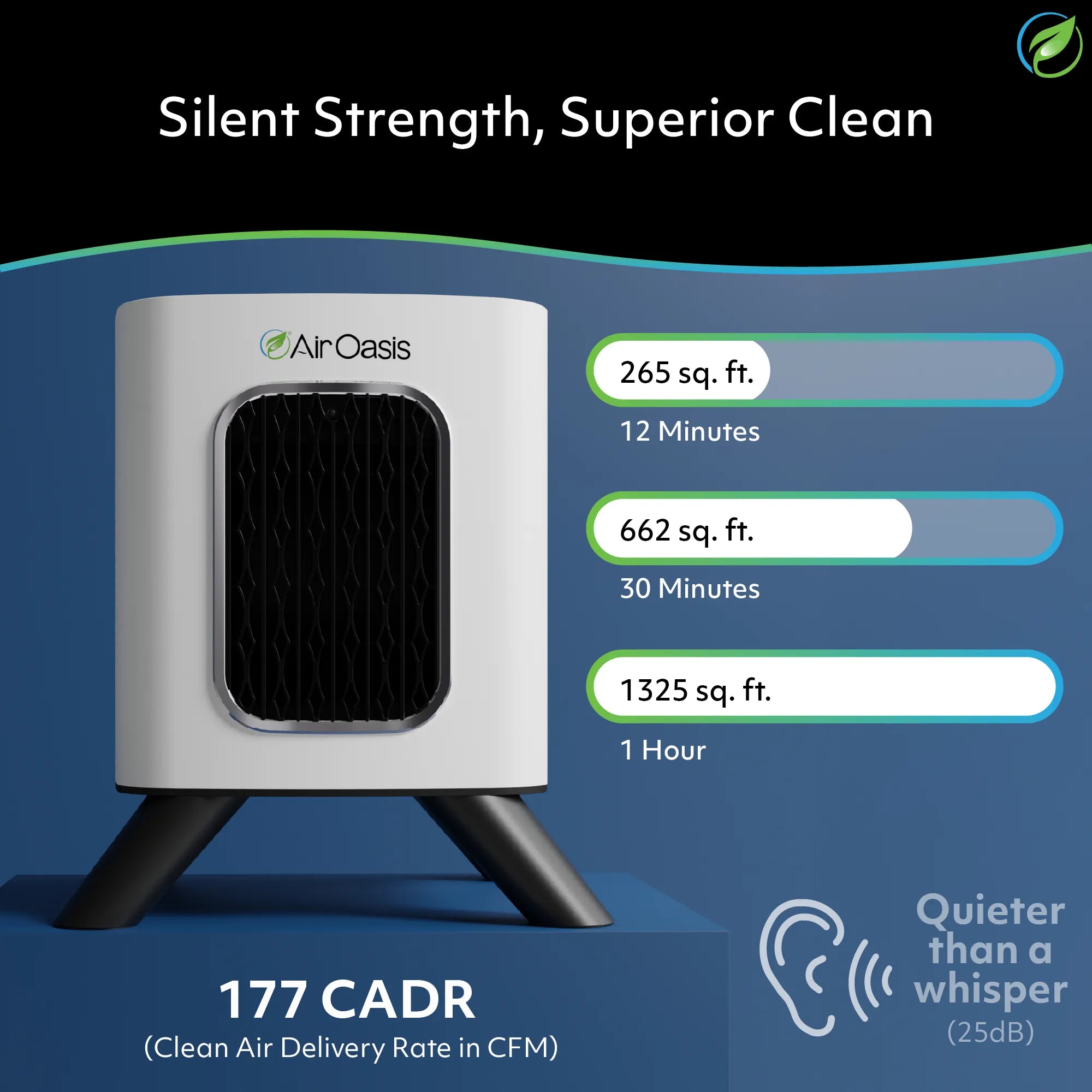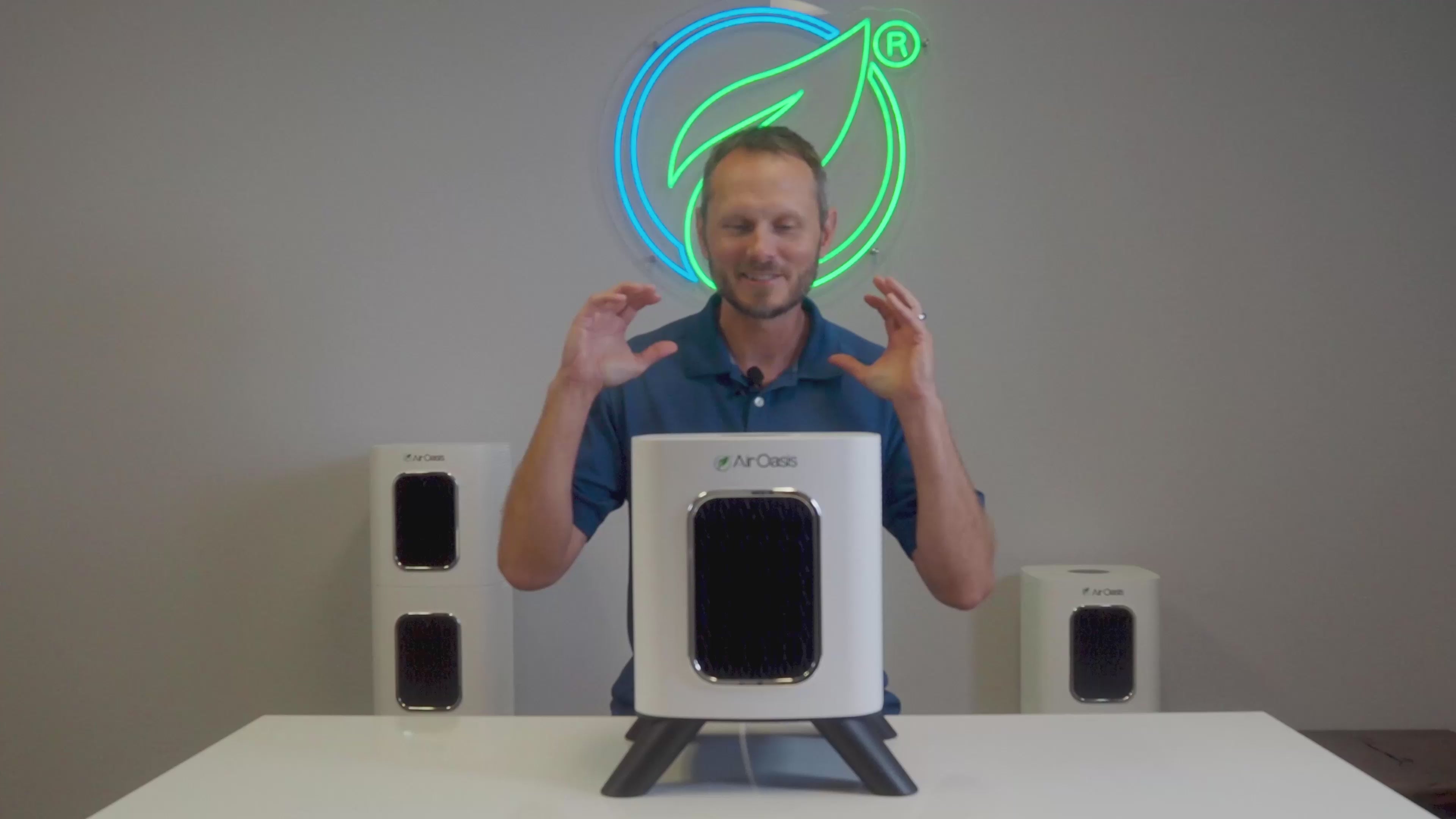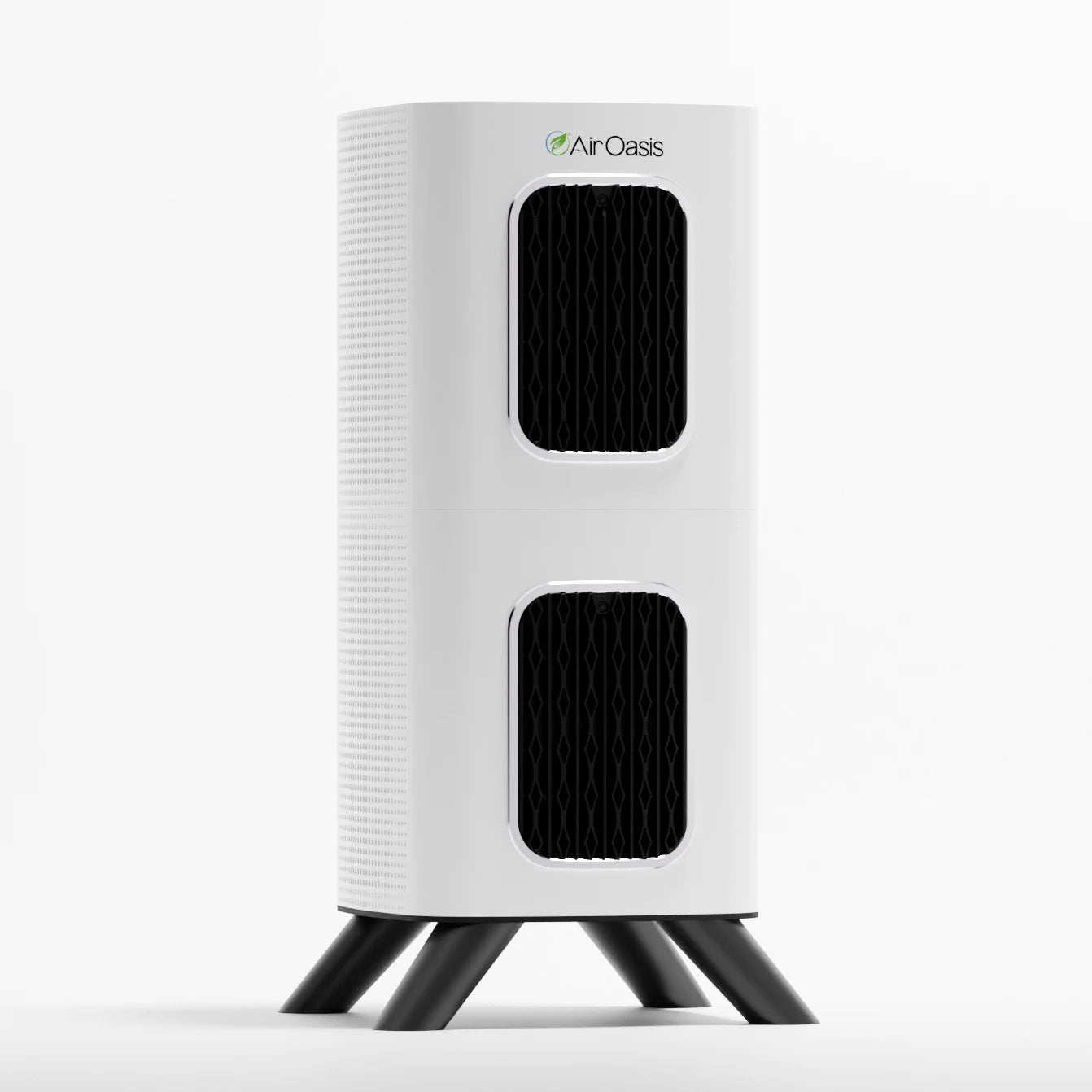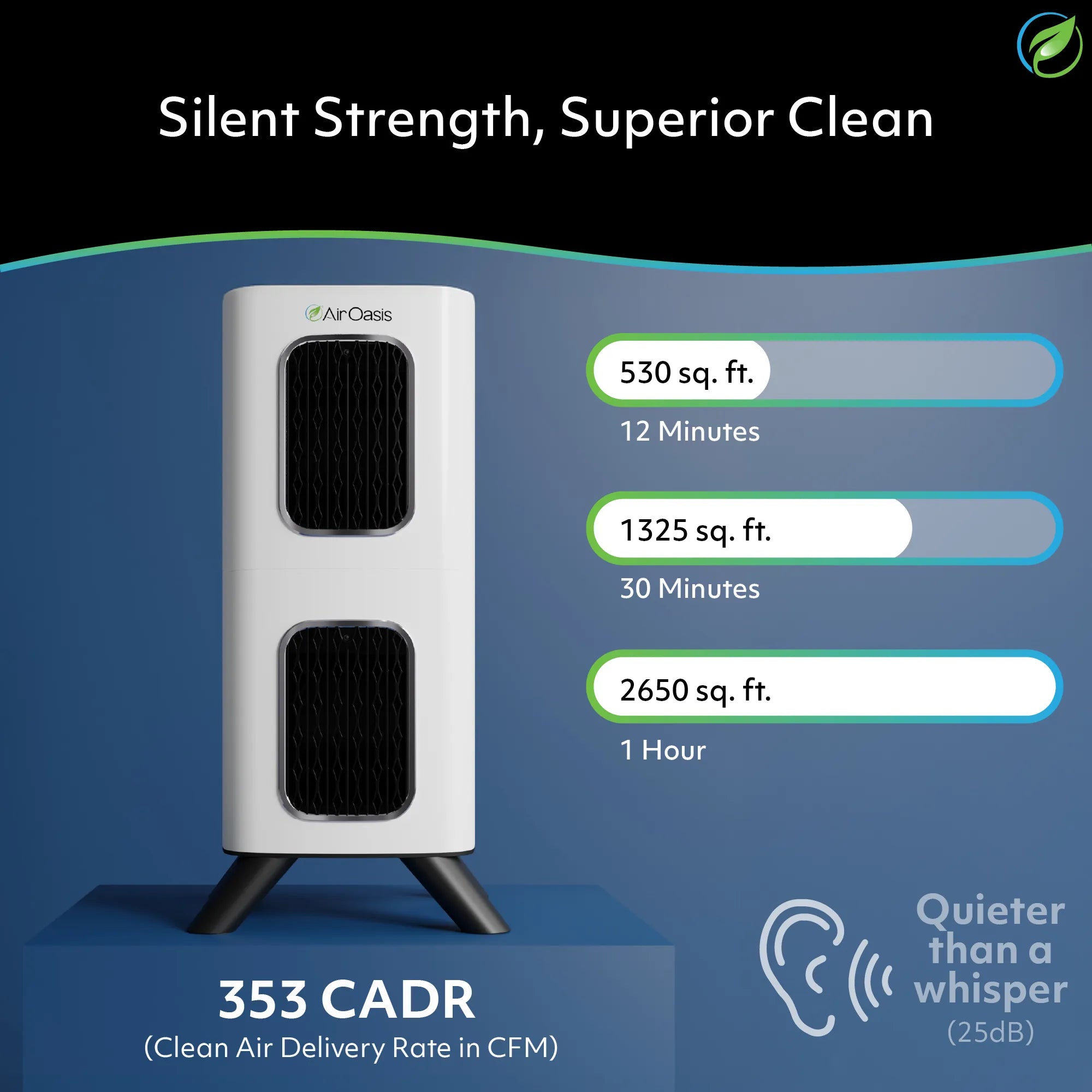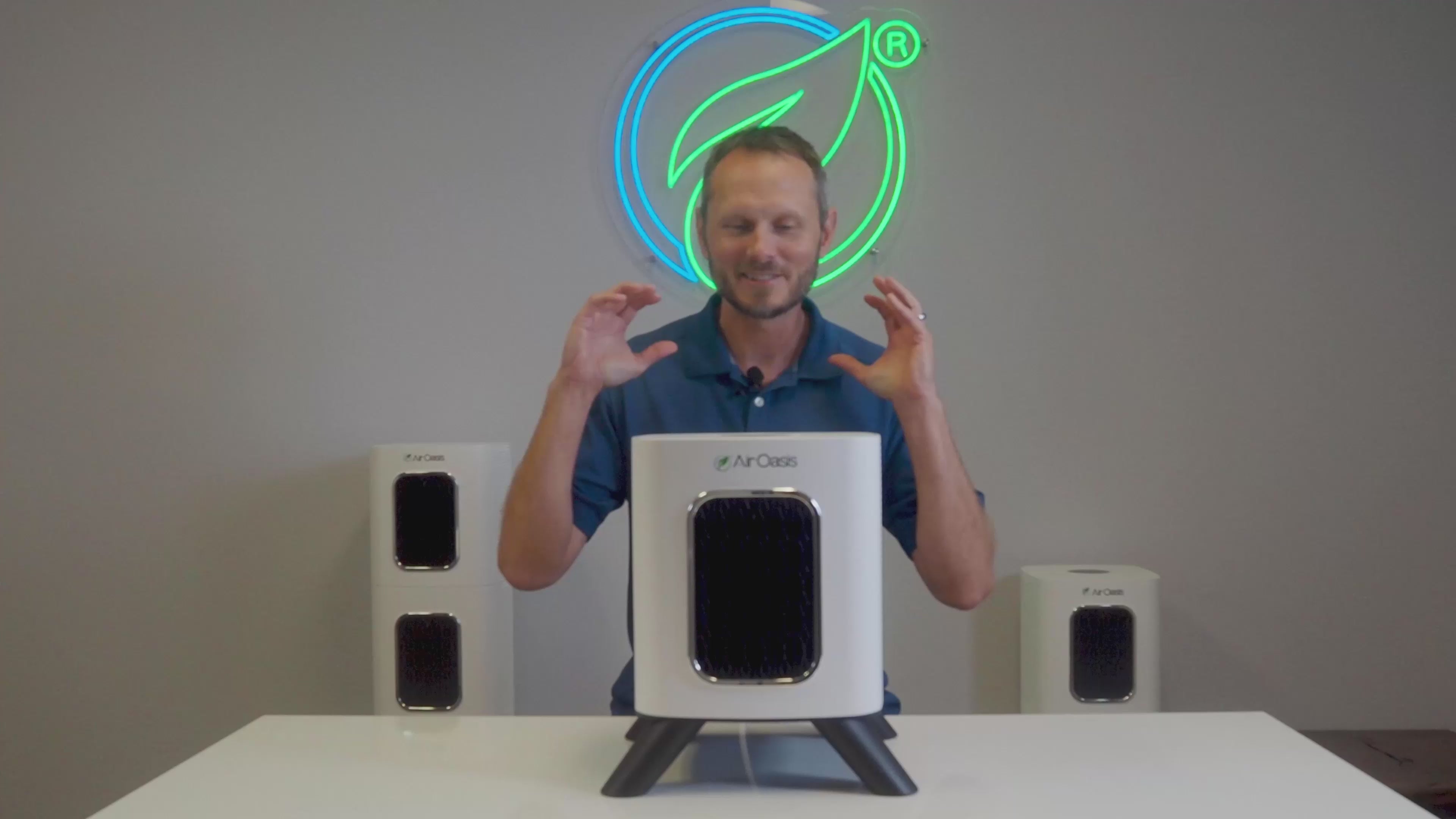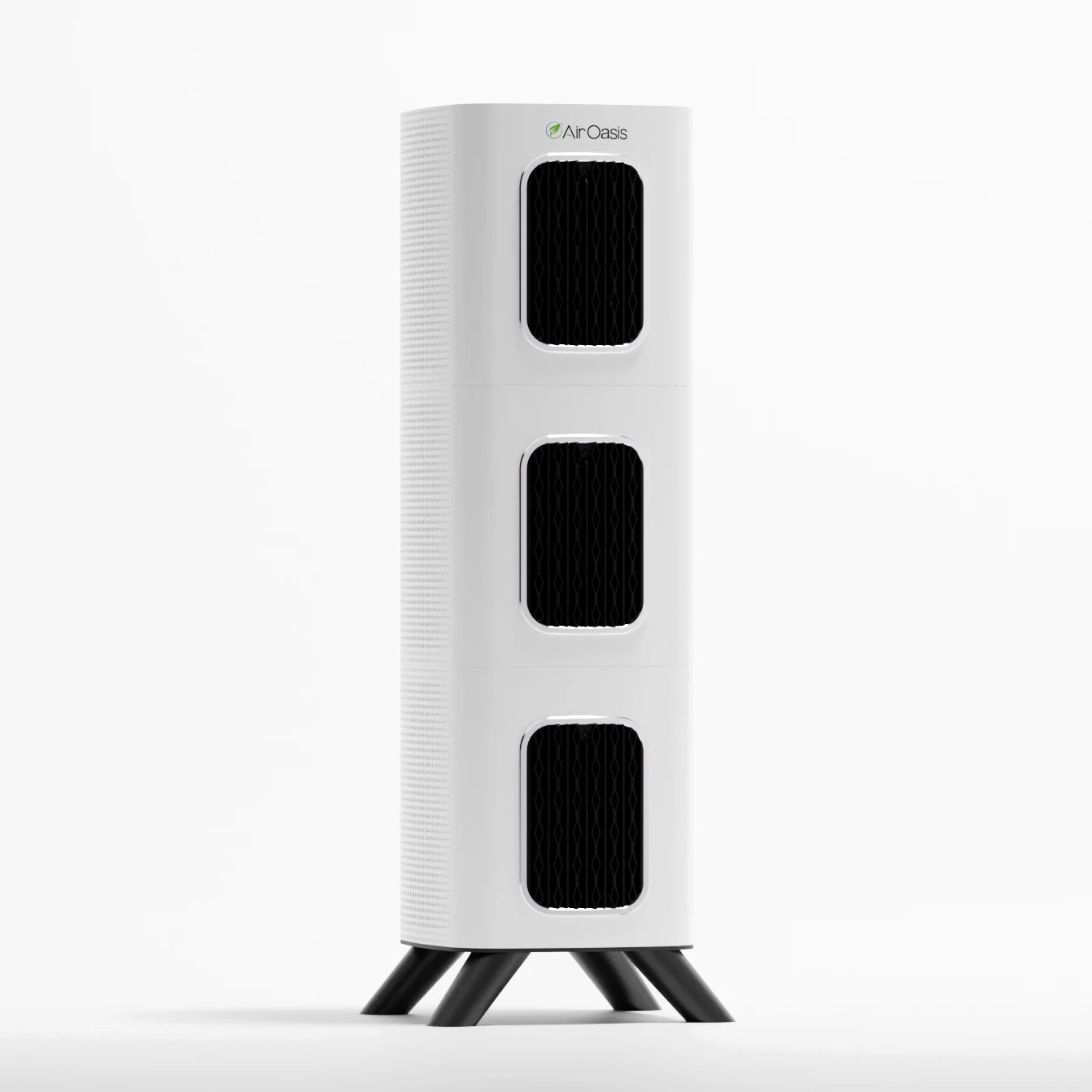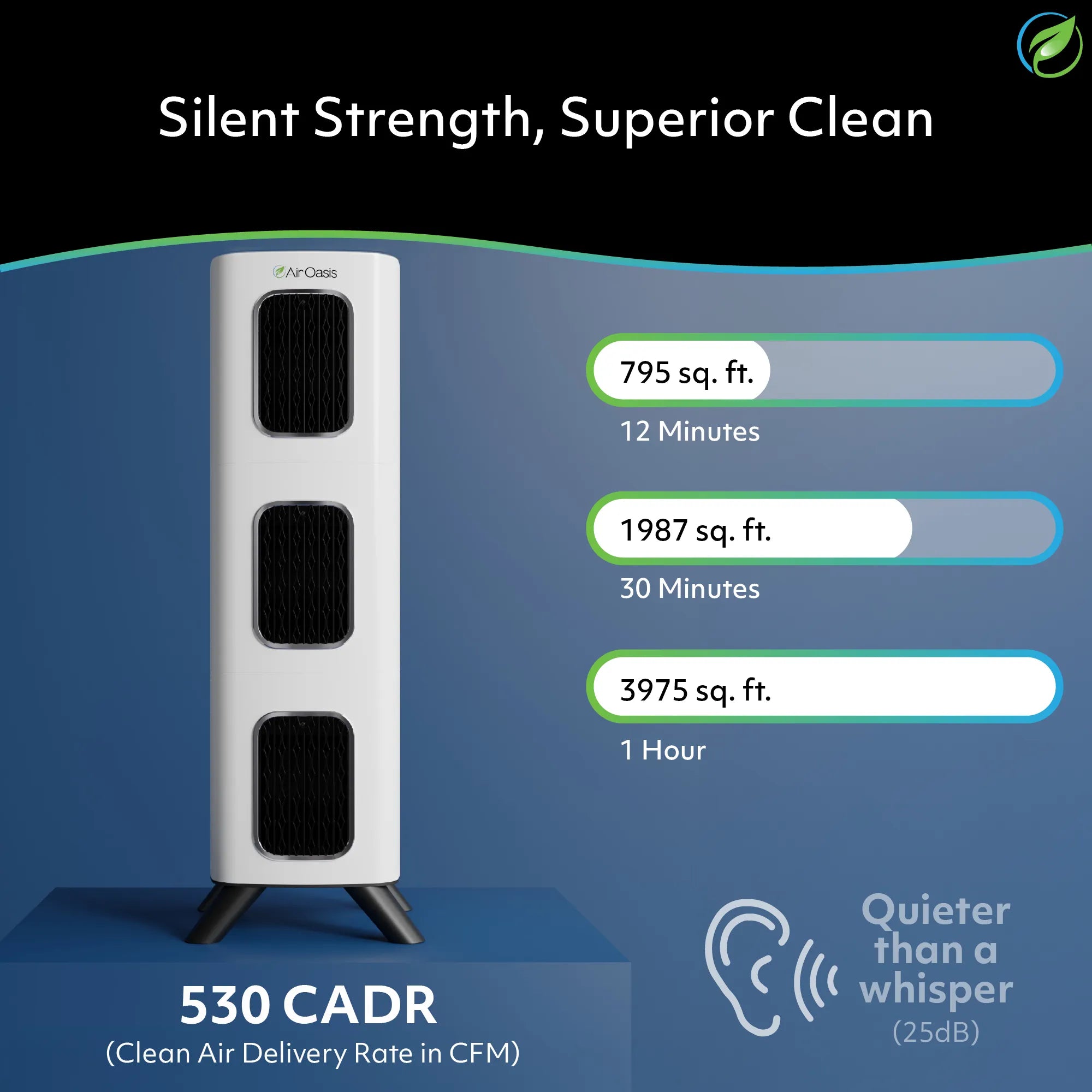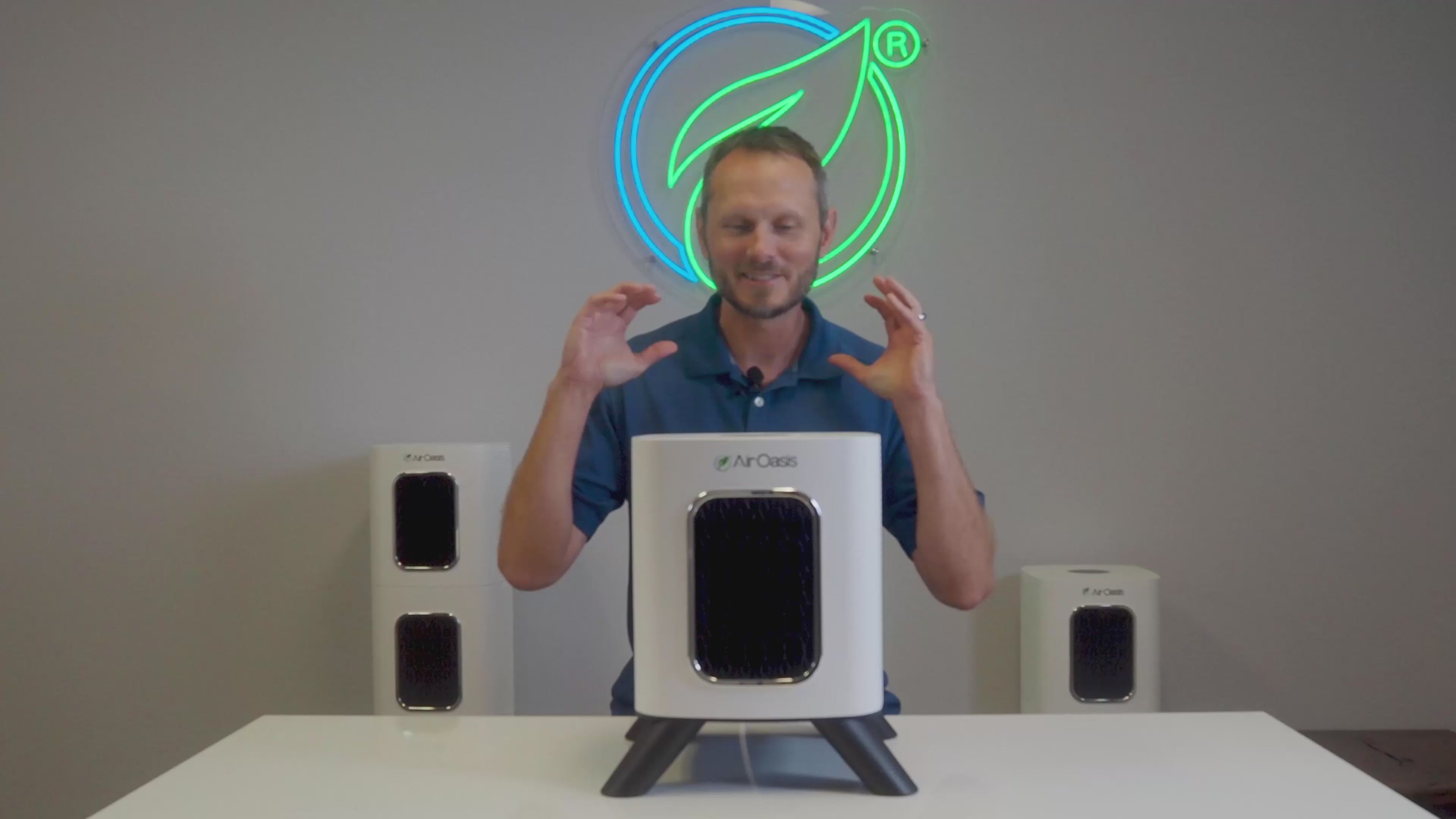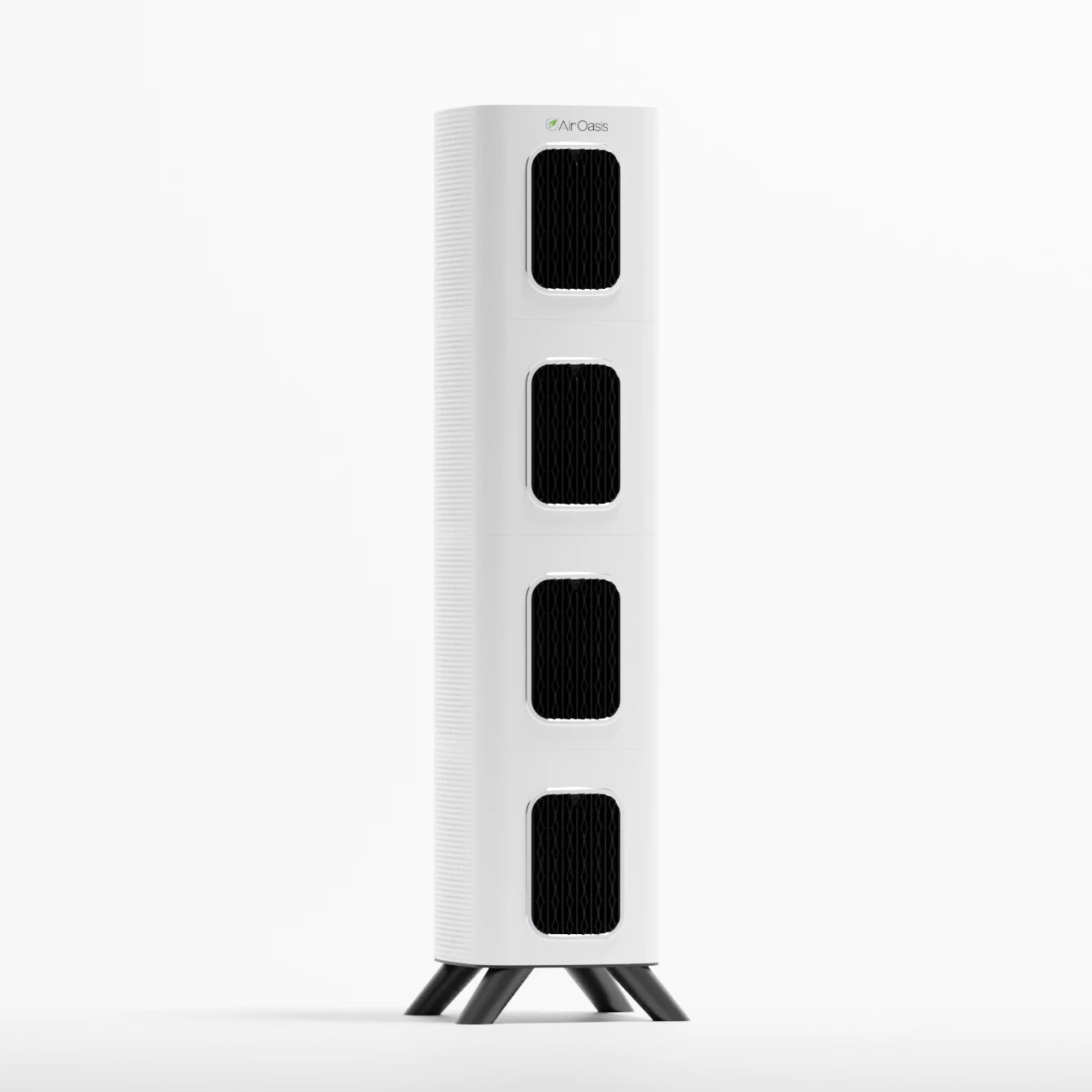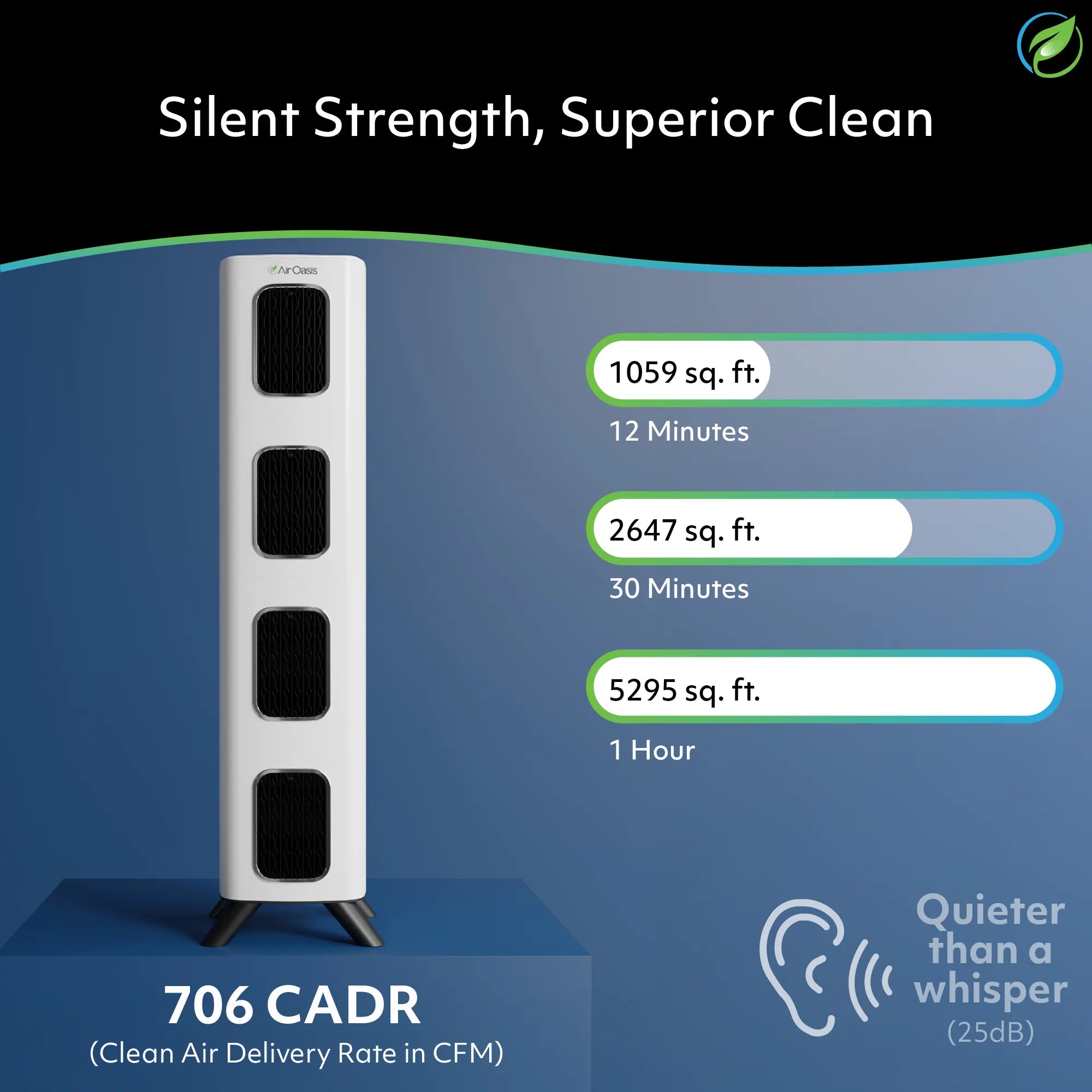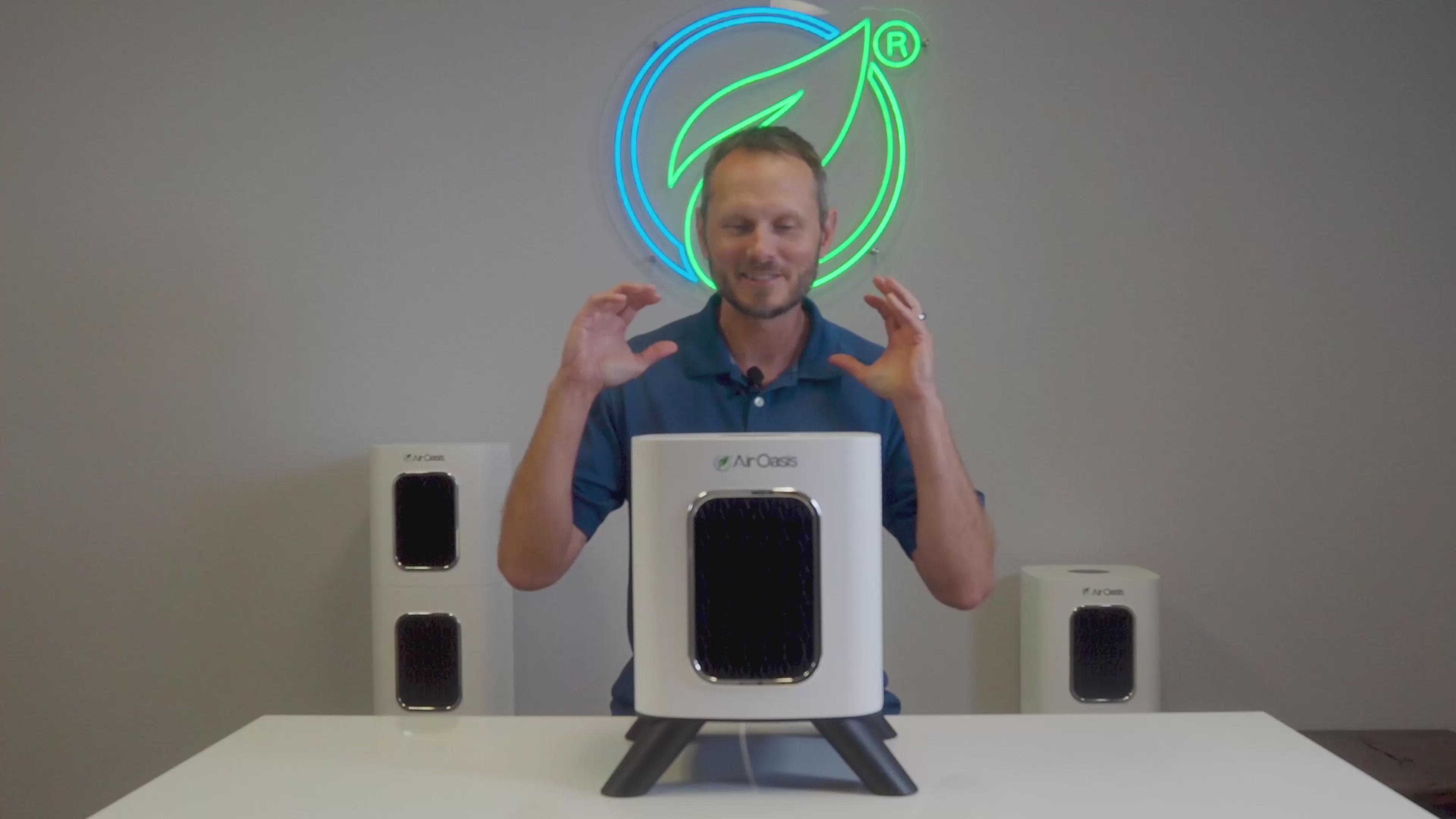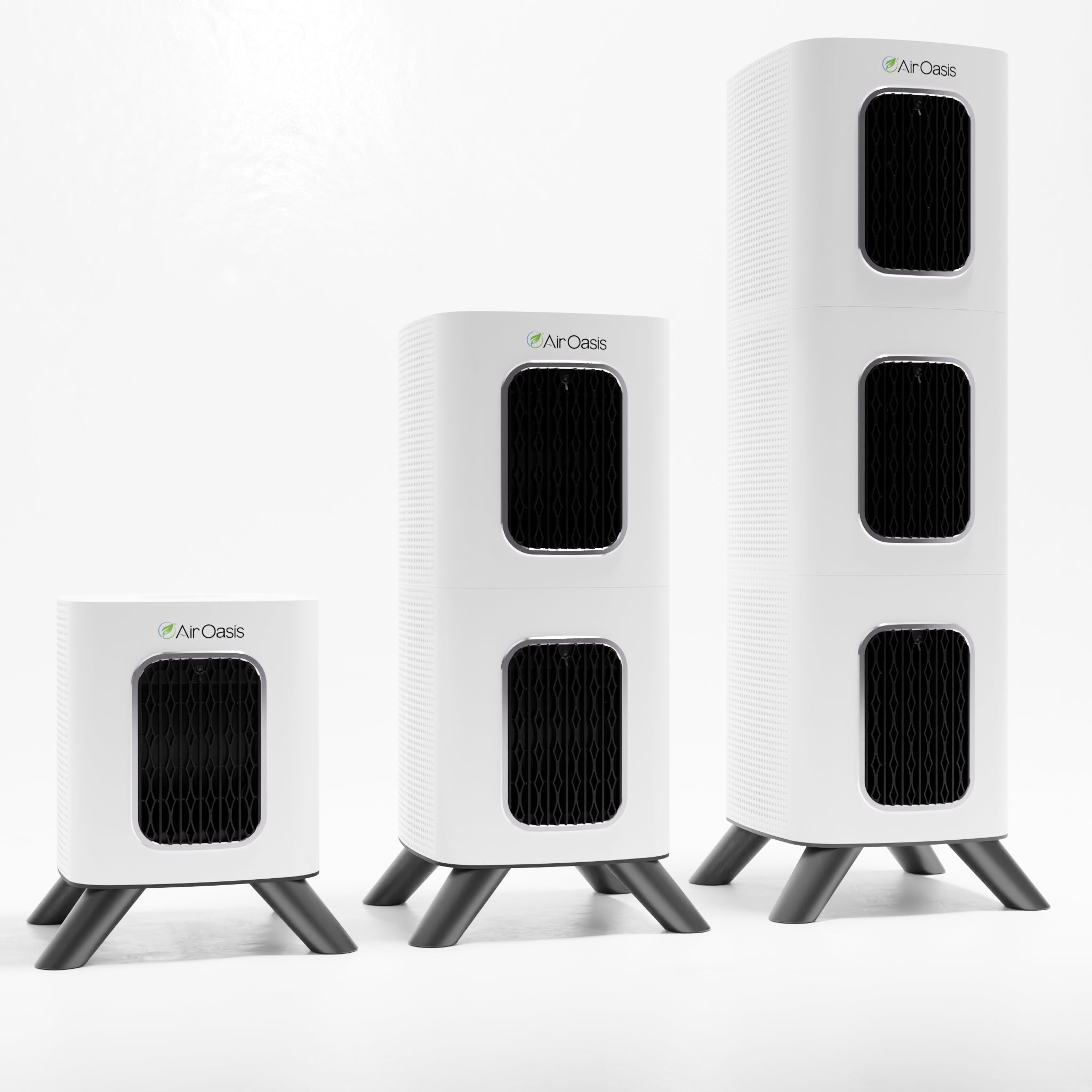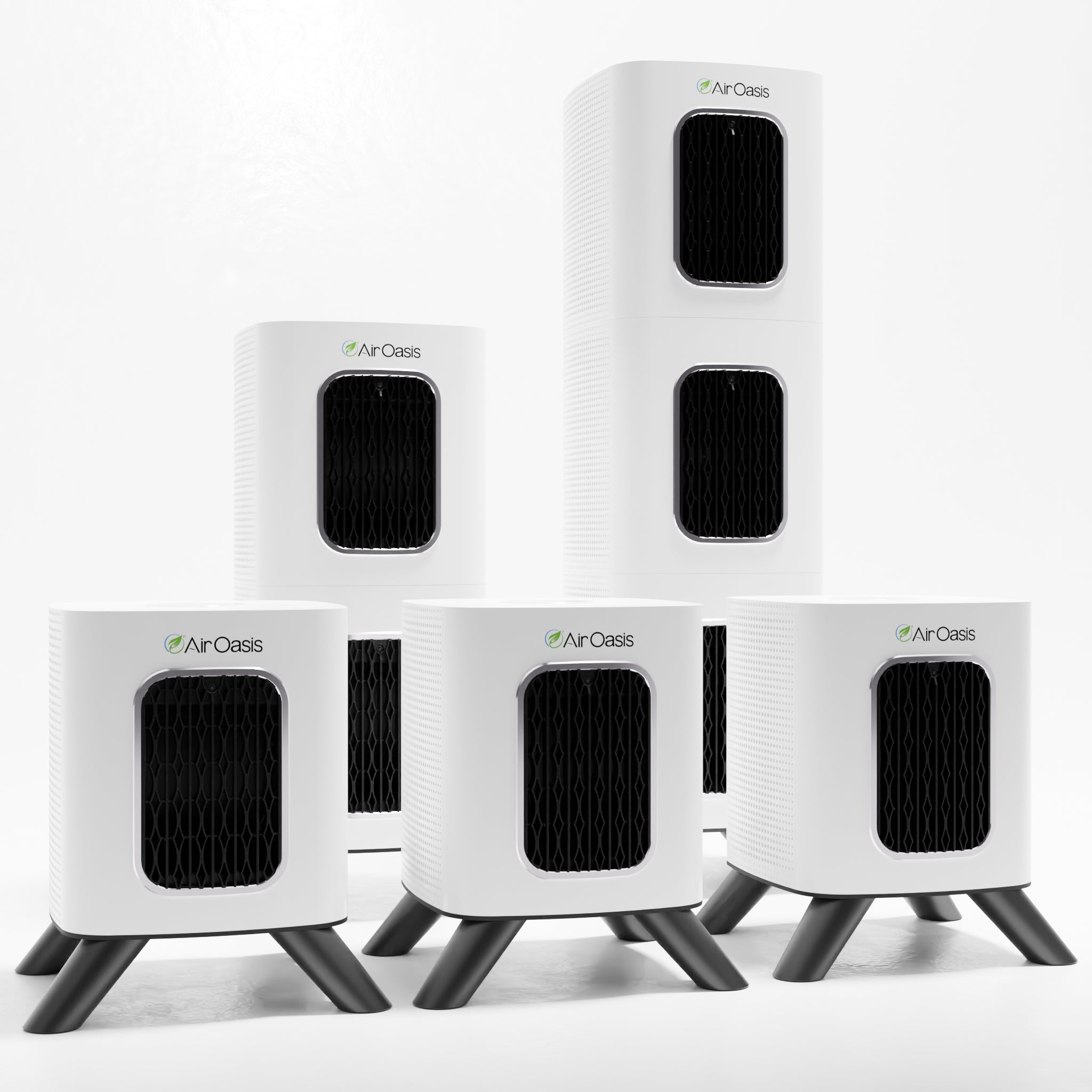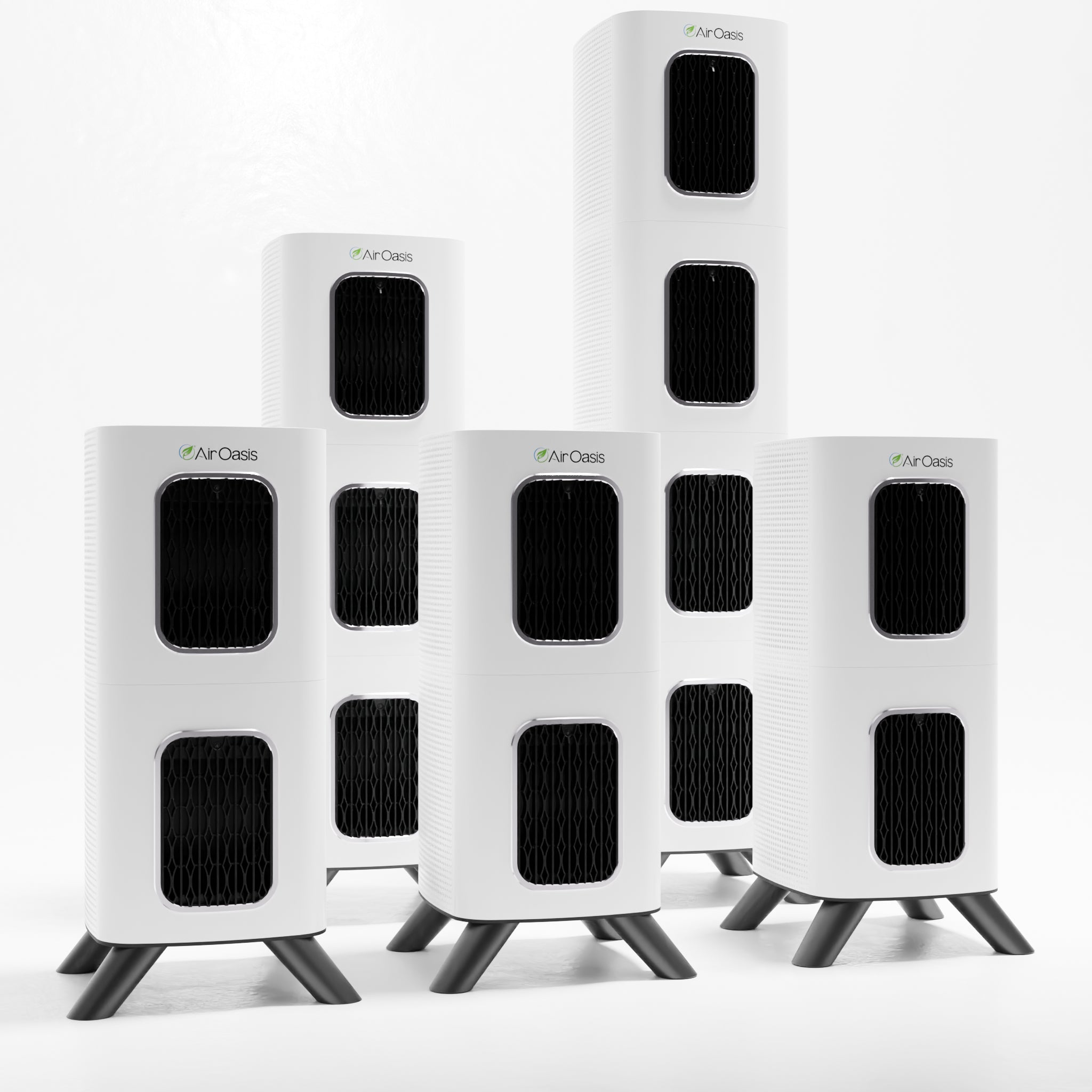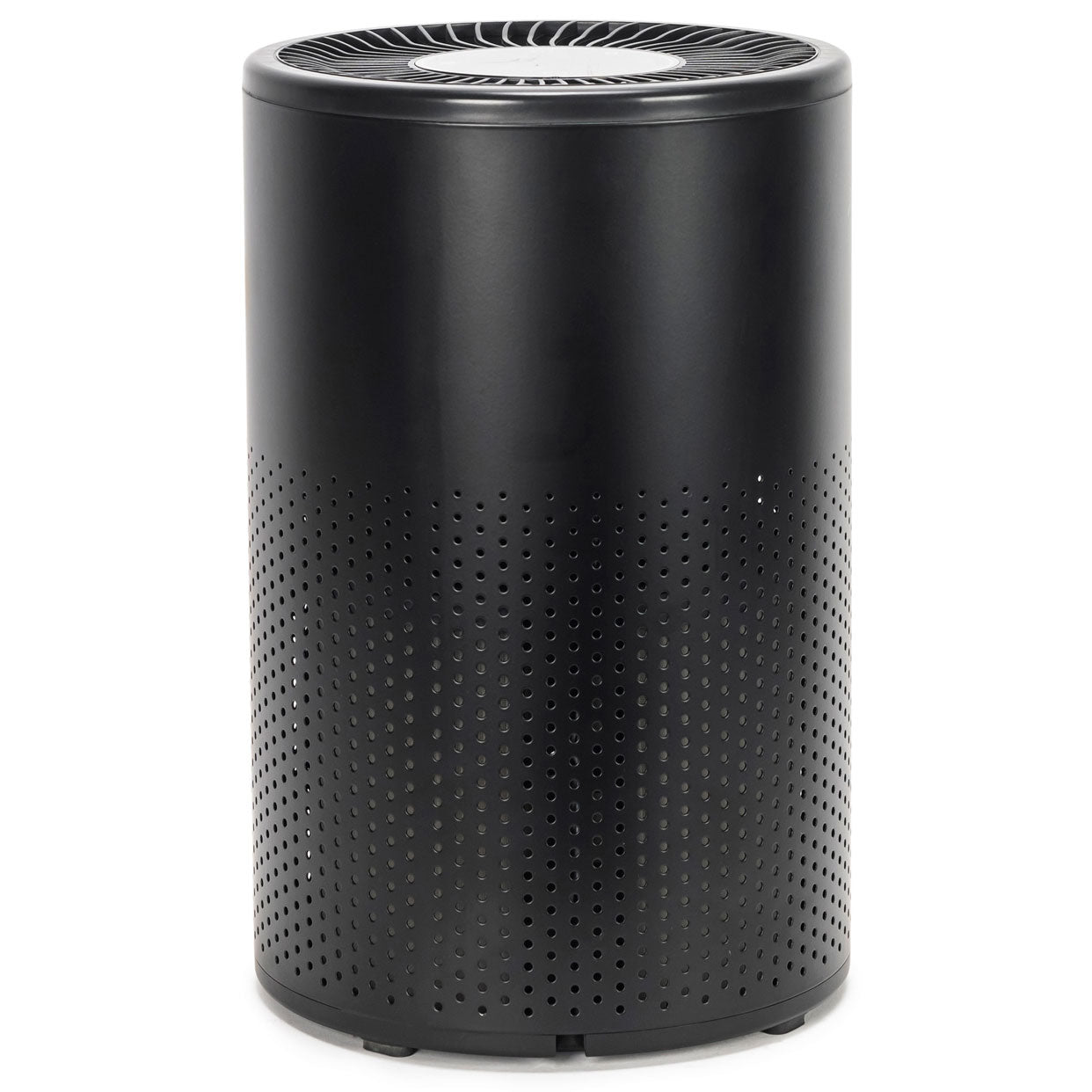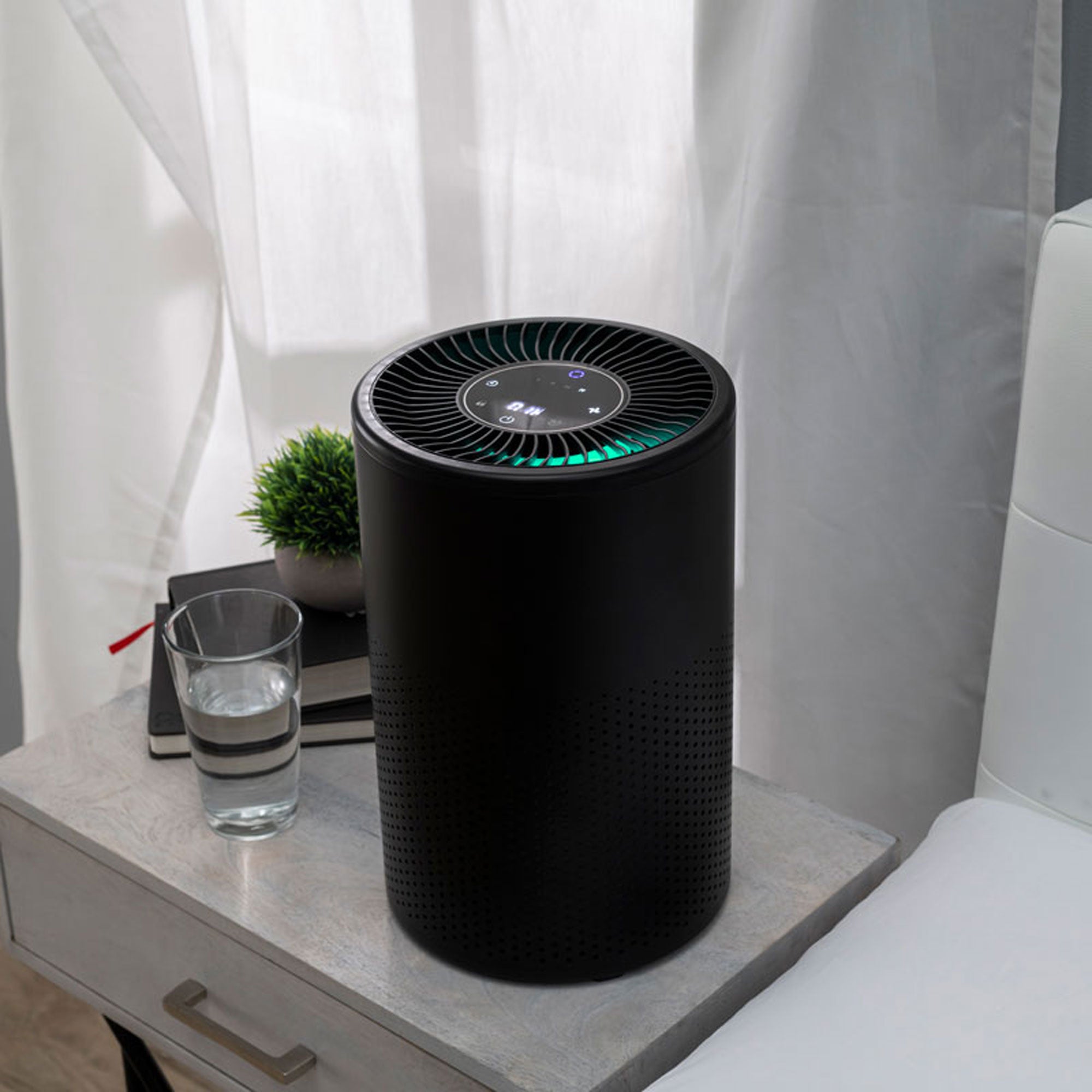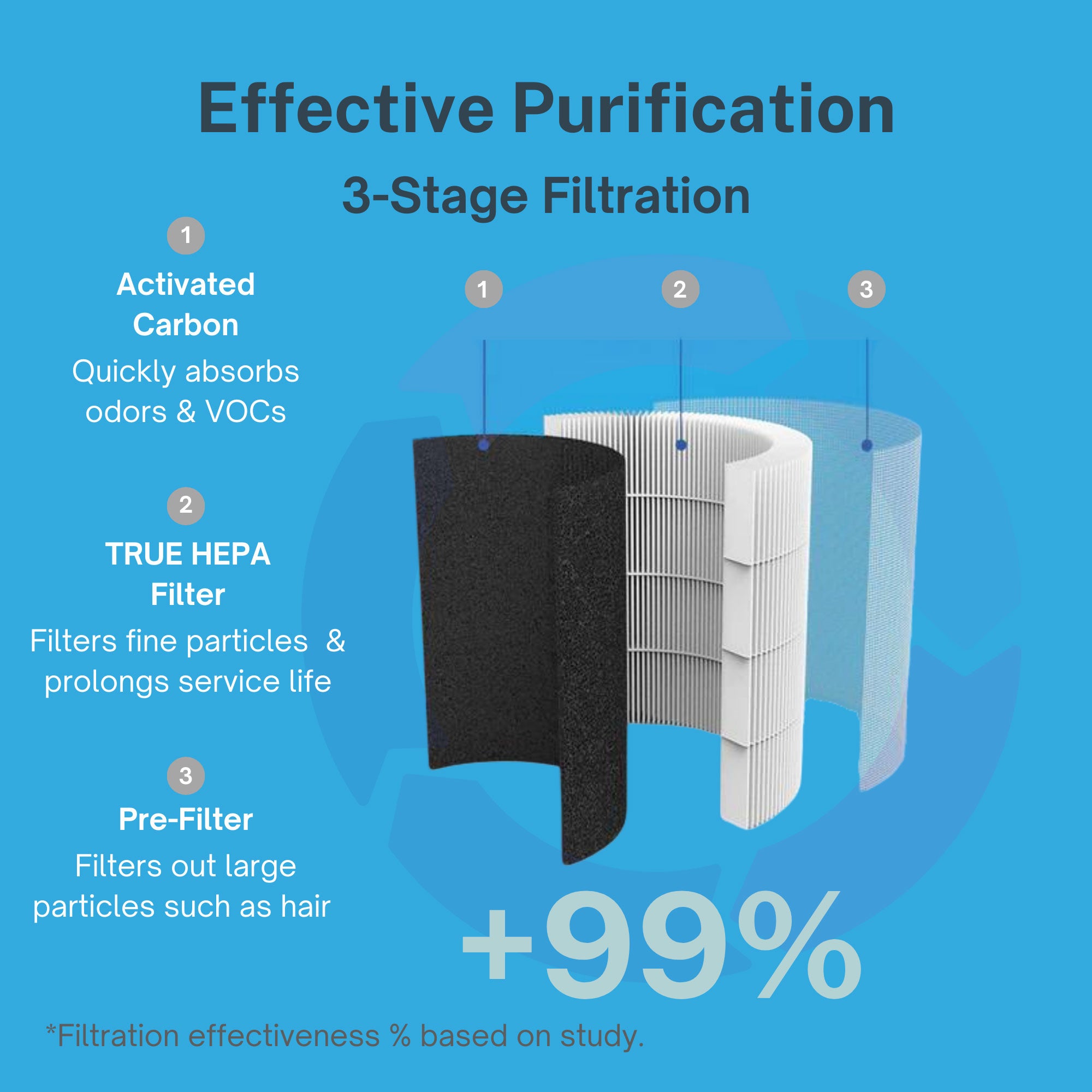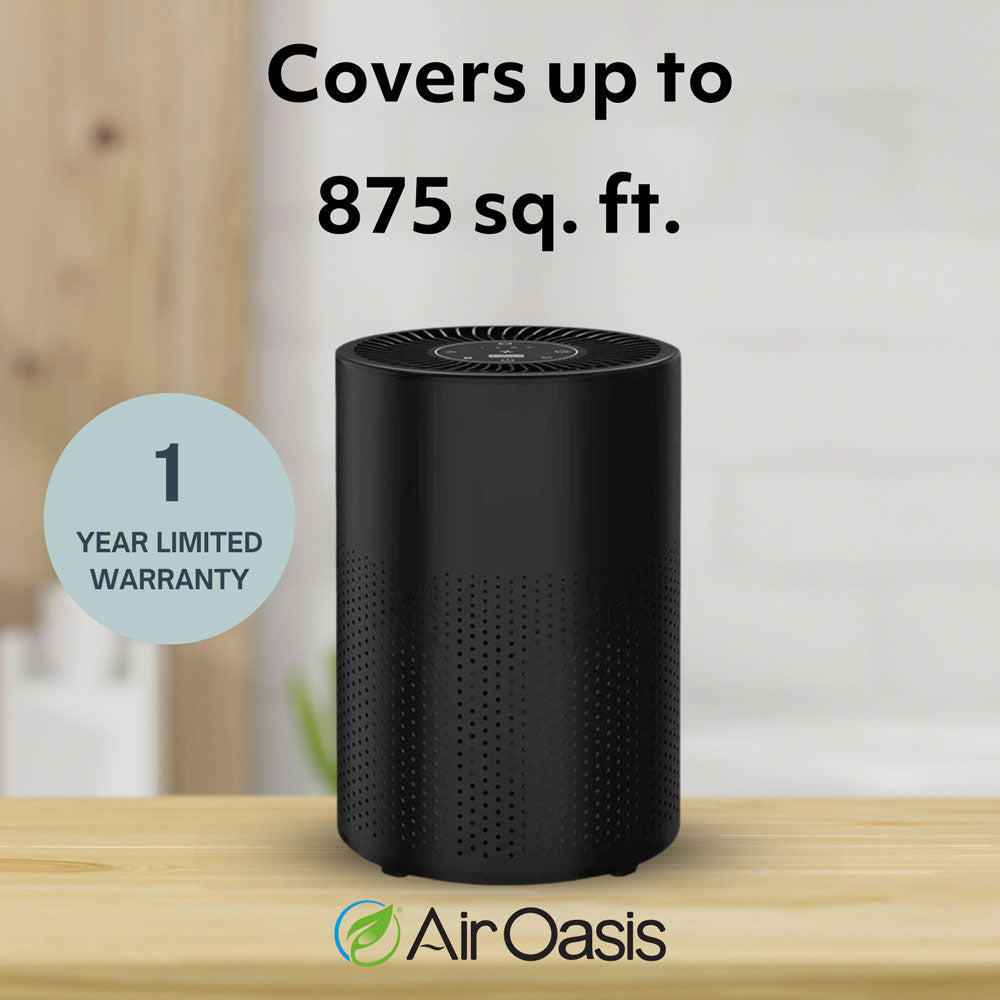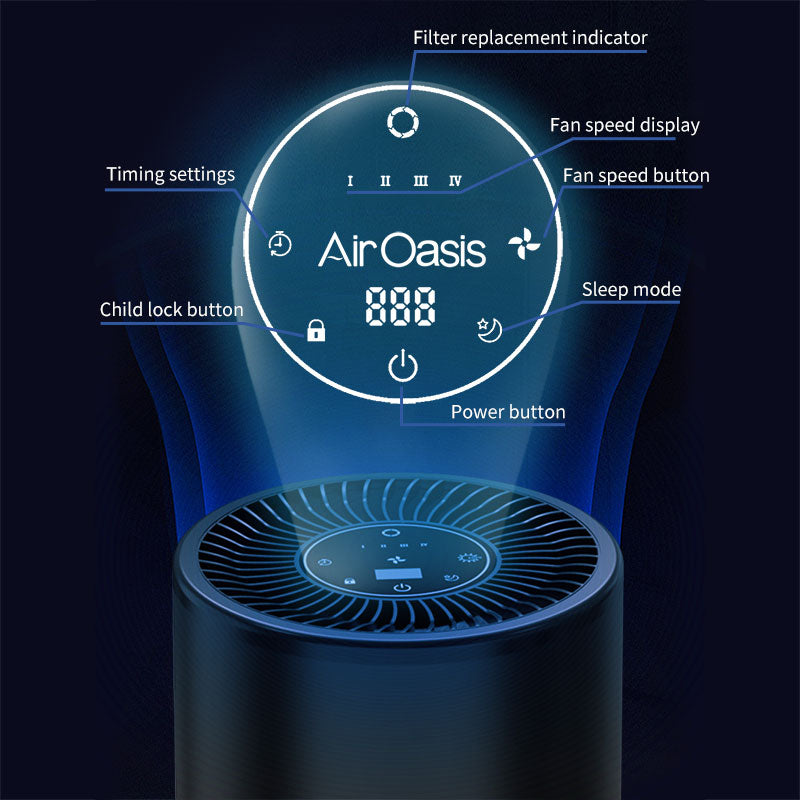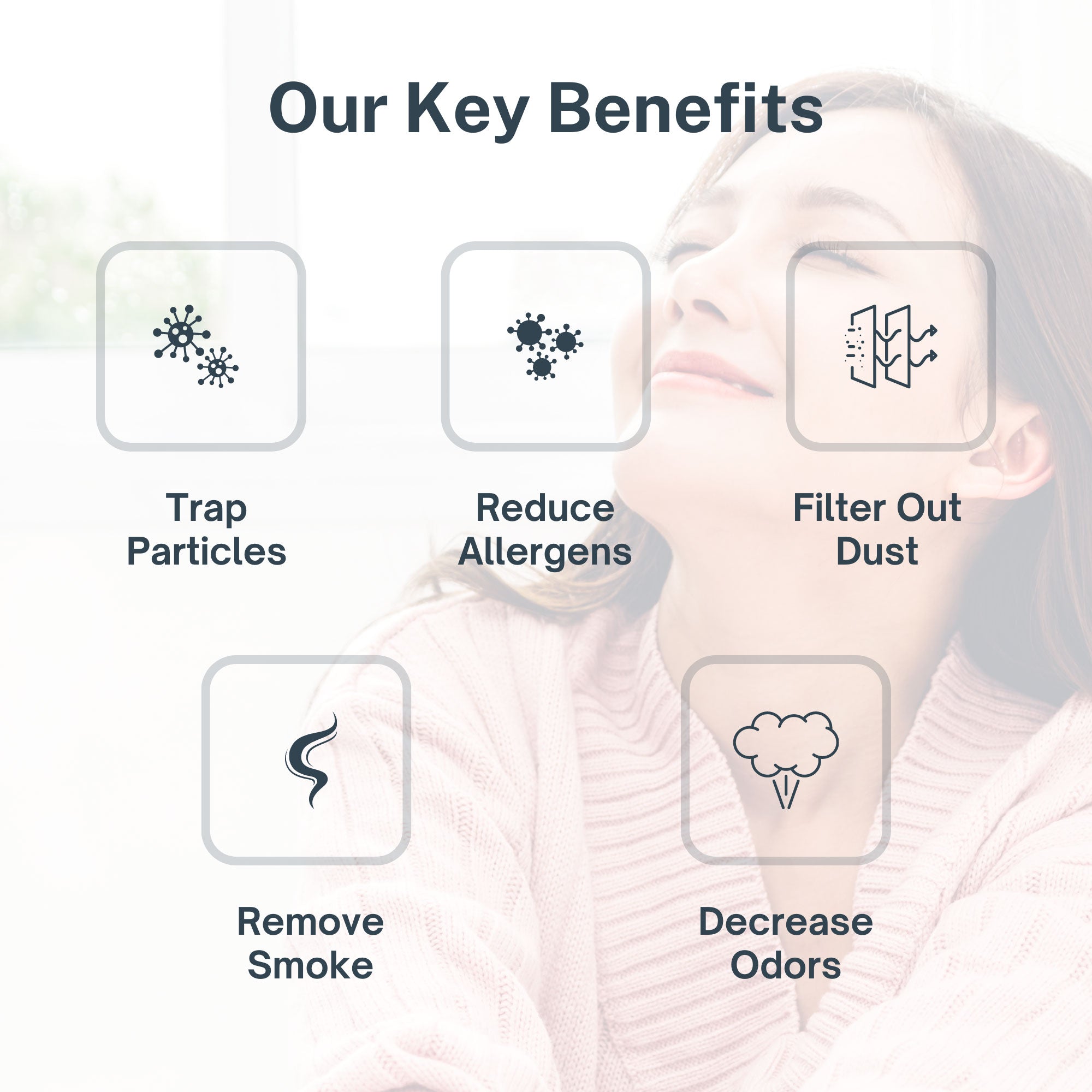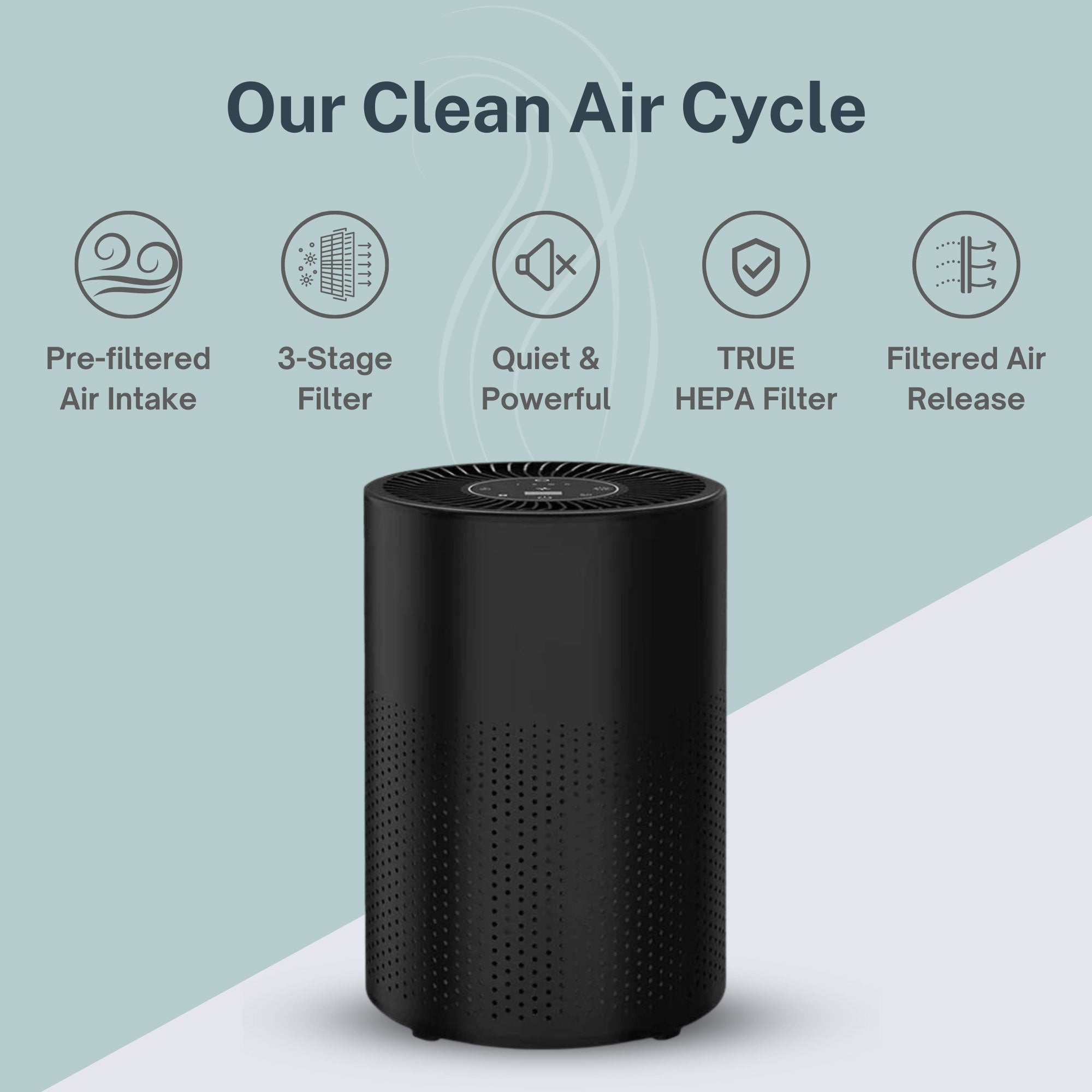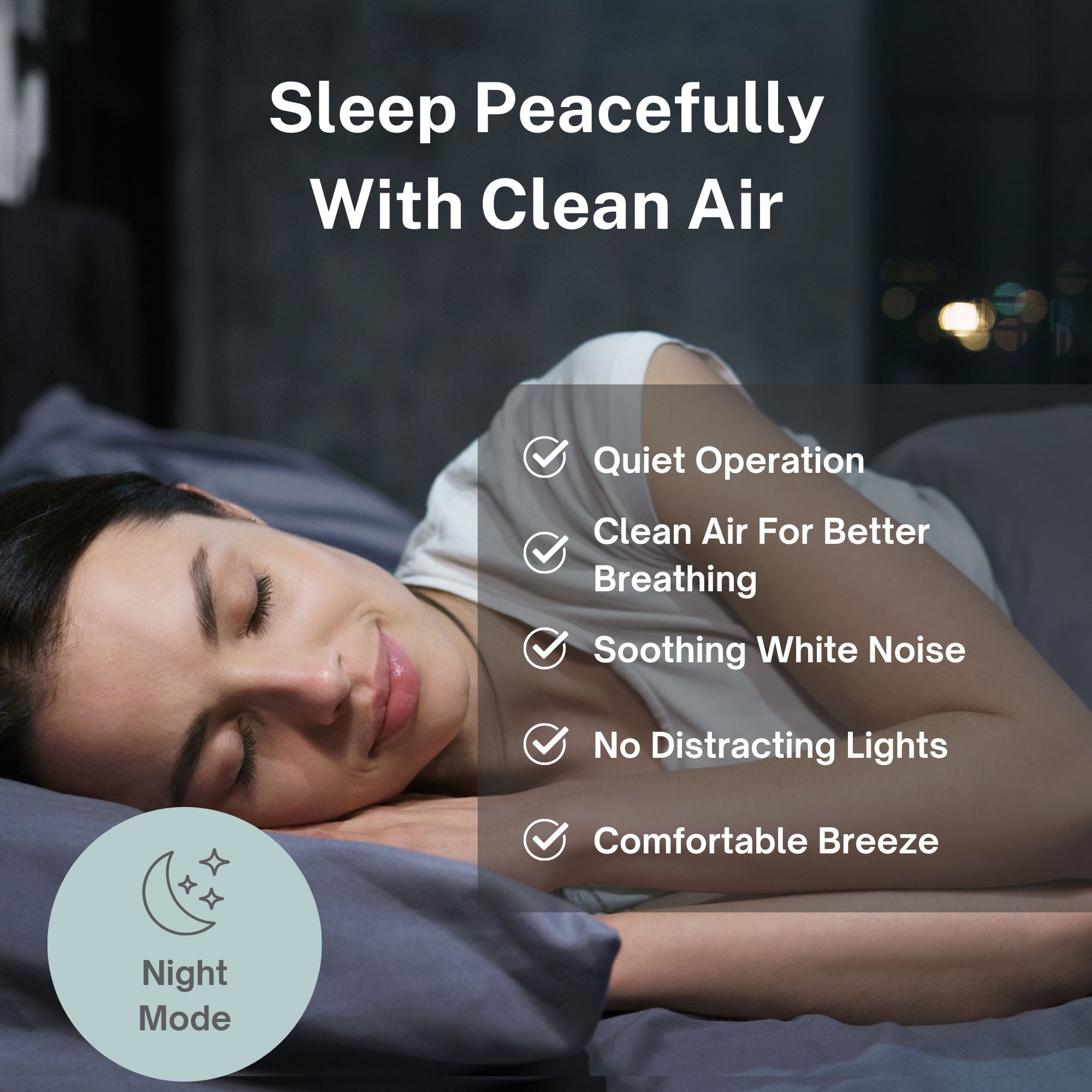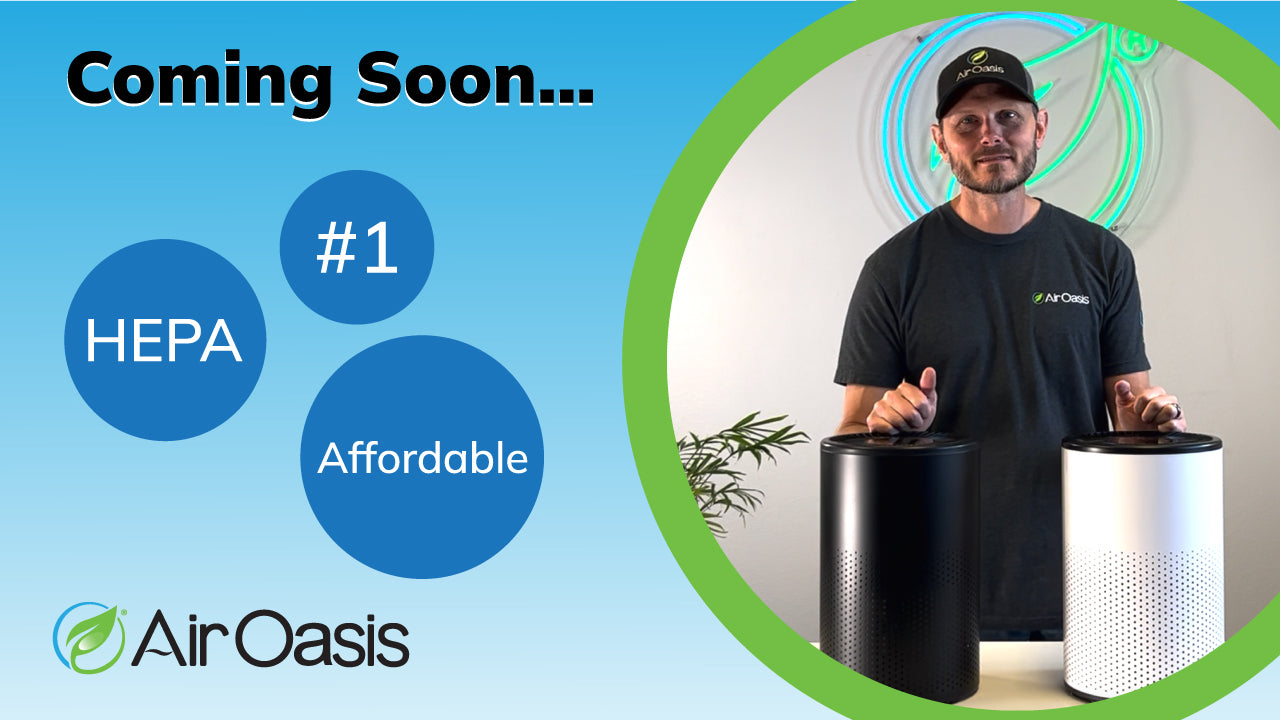Could the air expectant mothers breathe be subtly shaping their babies' earliest brain development? A groundbreaking study from Spain suggests that prenatal exposure to air pollution may influence how quickly newborn brains develop their protective myelin sheaths—the insulation that helps nerve signals travel efficiently. For health-conscious parents planning for or navigating pregnancy, understanding this connection between air quality and fetal development opens an important conversation about creating the healthiest possible environment for new life.
Understanding the Research Findings
Researchers in Barcelona examined 93 newborns born between 2018 and 2021, tracking their mothers' exposure to fine particulate matter (PM2.5) during pregnancy. PM2.5 refers to tiny pollution particles measuring 2.5 micrometers or smaller—small enough to be inhaled deep into the lungs and potentially cross into the bloodstream. The study team used magnetic resonance imaging (MRI) to examine the babies' brains at approximately 29 days after birth, focusing specifically on myelination—the process by which protective sheaths form around nerve fibers.
The findings revealed a notable pattern: babies whose mothers experienced higher PM2.5 exposure during early pregnancy showed lower cortical myelinated white matter content. When exposure occurred later in pregnancy, researchers observed reduced overall myelination. Interestingly, these associations appeared independent of brain volume, suggesting that pollution exposure specifically affects the myelination process rather than overall brain size.
What Myelination Means for Brain Development
Myelination represents a crucial milestone in brain maturation. This process involves wrapping nerve fibers in myelin sheaths, which dramatically speeds up how quickly electrical signals travel between brain cells. Think of it like insulating electrical wires—the coating allows information to flow more efficiently throughout the nervous system.
The myelination process follows a predictable developmental path, beginning with the brain's foundational pathways and gradually extending to more complex circuits. This progression mirrors behavioral development as babies grow, supporting everything from basic reflexes to complex cognitive functions. The process is dynamic, varying by age, brain region, and nutritional status.
The Complex Nature of Air Pollution Effects
Fine particulate matter presents a complicated picture when it comes to fetal development. PM2.5 originates from numerous pollution sources and contains a diverse mixture of substances—some potentially toxic and others actually beneficial. The particles include essential trace metals like iron, copper, and zinc, all of which support healthy white matter development during pregnancy.
This creates a paradoxical situation: the same exposure that introduces pollutants also delivers micronutrients important for brain development. The developing fetus must navigate this complex chemical environment, with the placenta serving as a selective barrier that protects against certain harmful substances while allowing essential nutrients to pass through.
Important Context About These Findings
The researchers emphasize several important caveats about their observations. First, delayed myelination doesn't necessarily indicate permanent harm or cognitive impairment. Myelination is a dynamic, ongoing process whose pace naturally varies based on multiple factors including age, specific brain regions, and nutritional availability.
Previous research has actually found that children with higher cognitive skills sometimes show slower but more sustained white matter myelination during their first year, followed by a catch-up phase in the second year. This suggests that the timing and pace of myelination may be more nuanced than simply "faster is better."
Additionally, the study found that the associations with specific trace elements in PM2.5—iron, copper, and zinc—were not statistically significant, though trends pointed in similar directions as the overall PM2.5 findings.
Why This Research Matters
The developing brain is extraordinarily vulnerable to environmental influences, and neuropsychiatric disorders represent major causes of disability worldwide. Understanding how environmental factors like air pollution might subtly influence early brain development helps identify potential intervention points for protecting fetal health.
The study authors note that their findings underscore the importance of stringent air quality policies and highlight the impact of environmental factors on neonatal brain development. However, they also emphasize that the long-term cognitive outcomes of delayed neonatal myelination remain unknown, pointing to the need for longitudinal research tracking children over time.
Creating Healthier Environments for Pregnancy
While this research reveals associations between prenatal pollution exposure and newborn brain myelination, it also opens questions that require further study. The complexity of these findings—including the dual role of PM2.5 as both pollutant source and micronutrient carrier—demonstrates how much remains to be understood about environmental influences on fetal development.
For expectant parents and health-conscious individuals planning for pregnancy, this research reinforces the value of clean indoor air as part of comprehensive prenatal health. While we await longer-term studies on developmental outcomes, creating the cleanest possible breathing environment represents a proactive step toward supporting optimal fetal development.
If you're committed to creating the healthiest possible environment for your growing family, investing in clean indoor air is a foundational step. Shop Air Oasis today and breathe easier knowing you're protecting what matters most.





